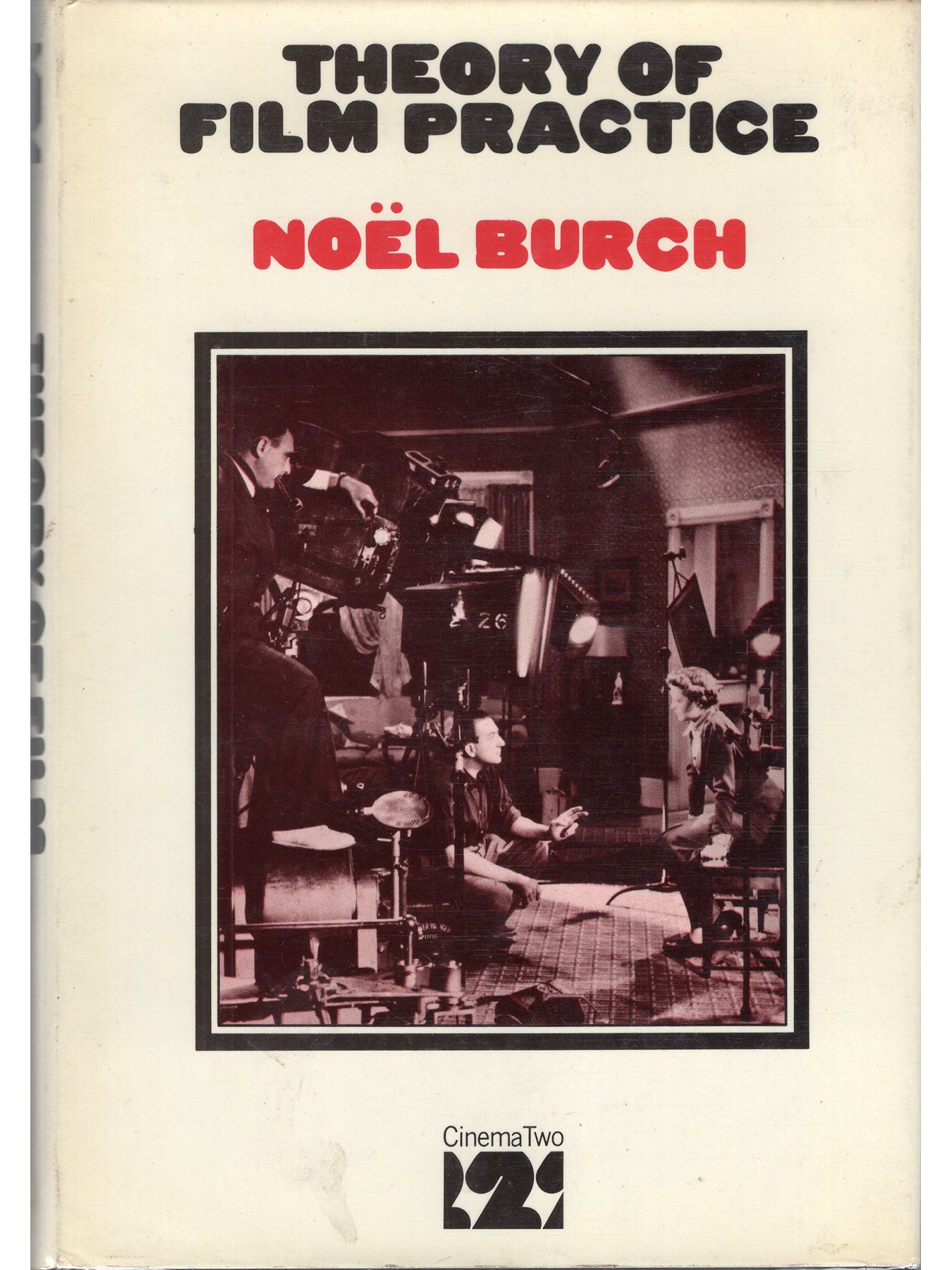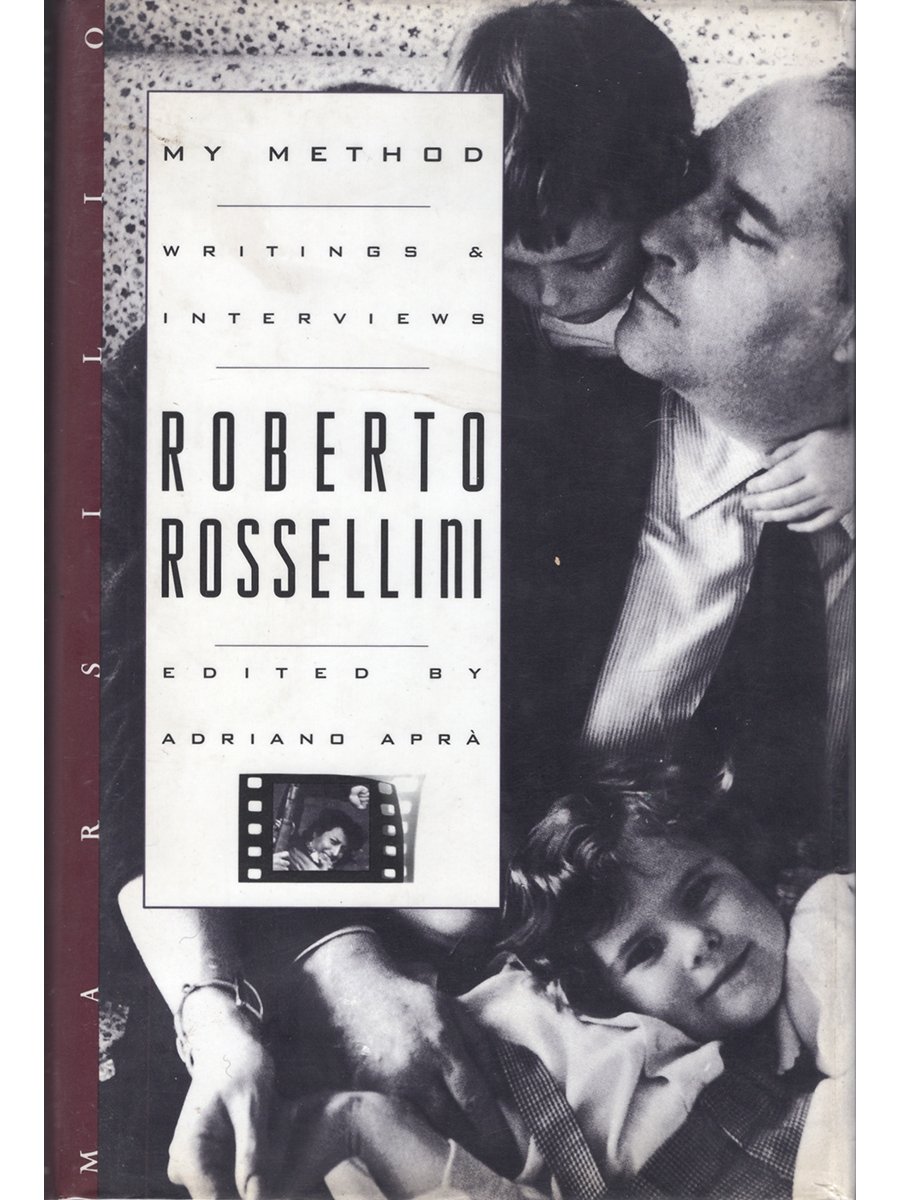 Image 1 of
Image 1 of


Jean-Luc Godard Interviews (Softcover)
Published by University Press of Mississippi, 1998
Softcover
203 pages
9x6 inches
Book is in Near Fine condition.
Edited by David Sterritt.
Some thirty years ago filmmaker Jean-Luc Godard told critic Gene Youngblood, “I am trying to change the world.” He has pursued his revolution in works ranging from the explosive Breathless to the eloquent Contempt to the controversial Hail Mary and the postmodern Histoire(s) du cinéma, shaking up conventional formulas with boldly innovative ap-proaches to every aspect of cinema and video-including film criticism via provocative essays in Cahiers du Cinéma and interviews dating to the early years of his career. This book presents a varied selection of his conversations with critics, scholars, and journalists, spanning the 1960s to the 1990s and illuminating key facets of his life, work, and ideas. Topics include the seductiveness of cinema (“Films are the only things by which to look inside of people, and that's why people are so fond of movies and why they'll never die”); film as a blend of truth and beauty (“I mix images and sounds like a scientist, I hope. The mystery of the scientific is the same as the mystery of the artist. So is the misery”); and the personal realities of aging (“Maybe it's that when you get old, in one way you feel younger and younger but still being old-young oldness, if I may say so, which is very. . .comforting”). As challenging and evocative as they are quirky and unpredictable, these interviews cast light on Godard’s lifelong position as a proudly unclassifiable thinker who feels, as he said in 1980, that a language is obviously made to cross borders. I'm someone whose real country is language, and whose territory is movies.
Published by University Press of Mississippi, 1998
Softcover
203 pages
9x6 inches
Book is in Near Fine condition.
Edited by David Sterritt.
Some thirty years ago filmmaker Jean-Luc Godard told critic Gene Youngblood, “I am trying to change the world.” He has pursued his revolution in works ranging from the explosive Breathless to the eloquent Contempt to the controversial Hail Mary and the postmodern Histoire(s) du cinéma, shaking up conventional formulas with boldly innovative ap-proaches to every aspect of cinema and video-including film criticism via provocative essays in Cahiers du Cinéma and interviews dating to the early years of his career. This book presents a varied selection of his conversations with critics, scholars, and journalists, spanning the 1960s to the 1990s and illuminating key facets of his life, work, and ideas. Topics include the seductiveness of cinema (“Films are the only things by which to look inside of people, and that's why people are so fond of movies and why they'll never die”); film as a blend of truth and beauty (“I mix images and sounds like a scientist, I hope. The mystery of the scientific is the same as the mystery of the artist. So is the misery”); and the personal realities of aging (“Maybe it's that when you get old, in one way you feel younger and younger but still being old-young oldness, if I may say so, which is very. . .comforting”). As challenging and evocative as they are quirky and unpredictable, these interviews cast light on Godard’s lifelong position as a proudly unclassifiable thinker who feels, as he said in 1980, that a language is obviously made to cross borders. I'm someone whose real country is language, and whose territory is movies.
Published by University Press of Mississippi, 1998
Softcover
203 pages
9x6 inches
Book is in Near Fine condition.
Edited by David Sterritt.
Some thirty years ago filmmaker Jean-Luc Godard told critic Gene Youngblood, “I am trying to change the world.” He has pursued his revolution in works ranging from the explosive Breathless to the eloquent Contempt to the controversial Hail Mary and the postmodern Histoire(s) du cinéma, shaking up conventional formulas with boldly innovative ap-proaches to every aspect of cinema and video-including film criticism via provocative essays in Cahiers du Cinéma and interviews dating to the early years of his career. This book presents a varied selection of his conversations with critics, scholars, and journalists, spanning the 1960s to the 1990s and illuminating key facets of his life, work, and ideas. Topics include the seductiveness of cinema (“Films are the only things by which to look inside of people, and that's why people are so fond of movies and why they'll never die”); film as a blend of truth and beauty (“I mix images and sounds like a scientist, I hope. The mystery of the scientific is the same as the mystery of the artist. So is the misery”); and the personal realities of aging (“Maybe it's that when you get old, in one way you feel younger and younger but still being old-young oldness, if I may say so, which is very. . .comforting”). As challenging and evocative as they are quirky and unpredictable, these interviews cast light on Godard’s lifelong position as a proudly unclassifiable thinker who feels, as he said in 1980, that a language is obviously made to cross borders. I'm someone whose real country is language, and whose territory is movies.







